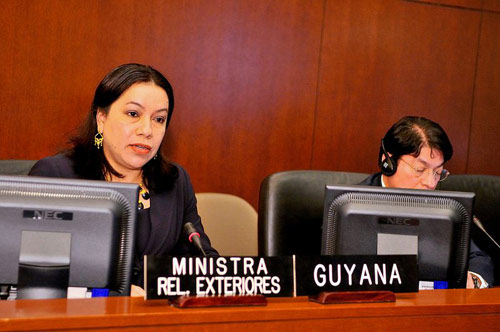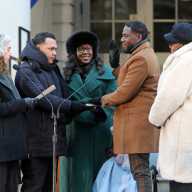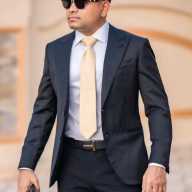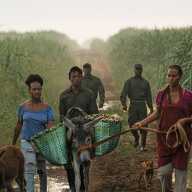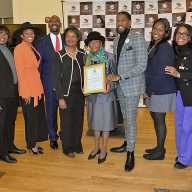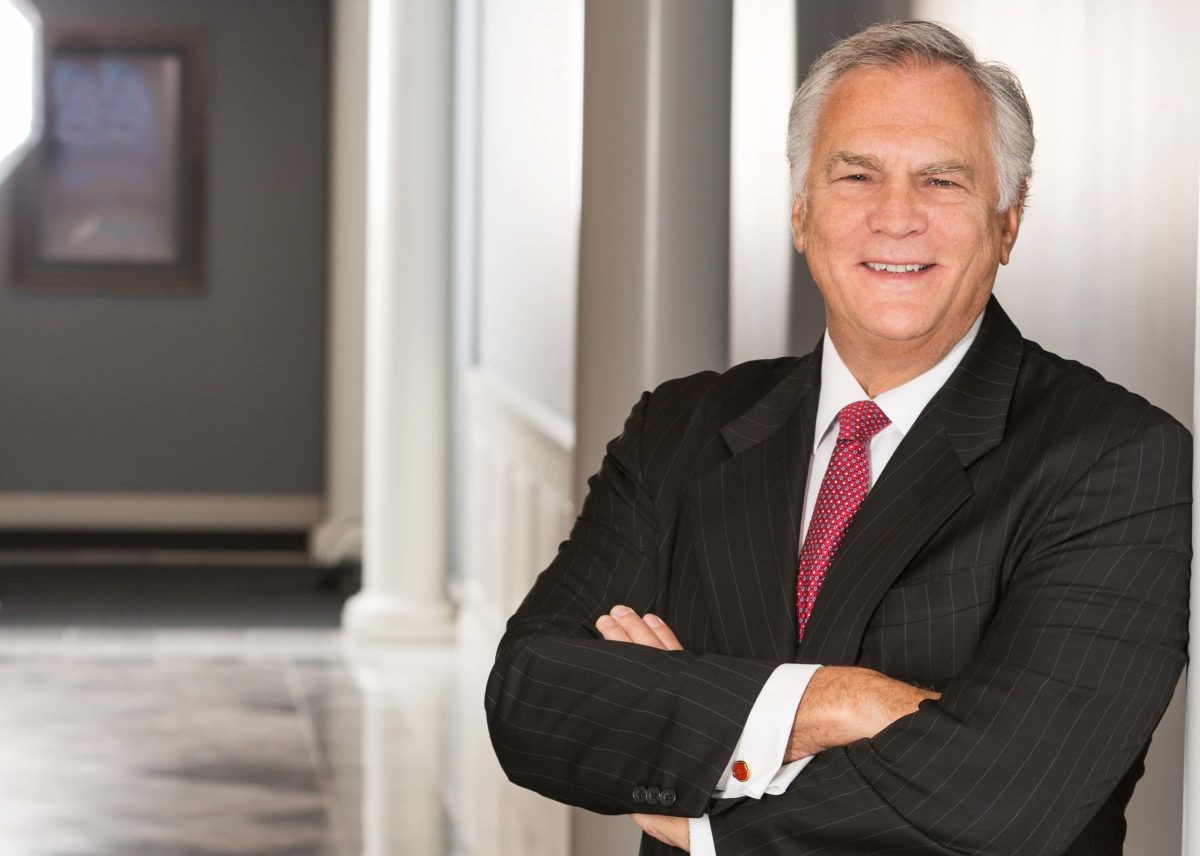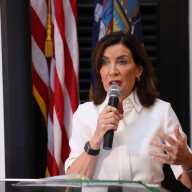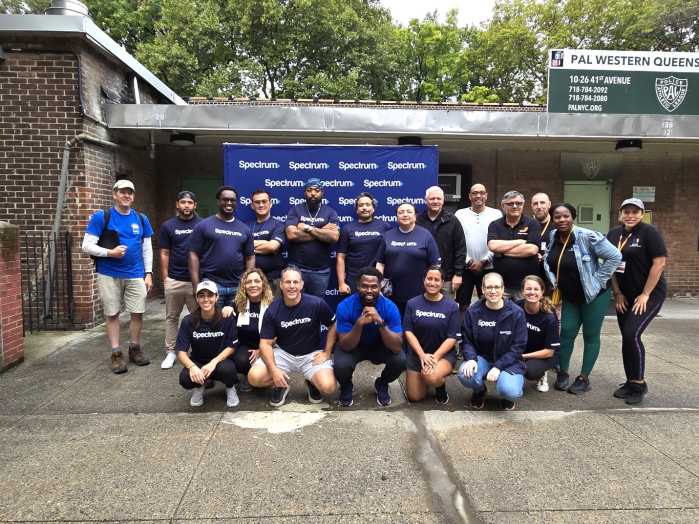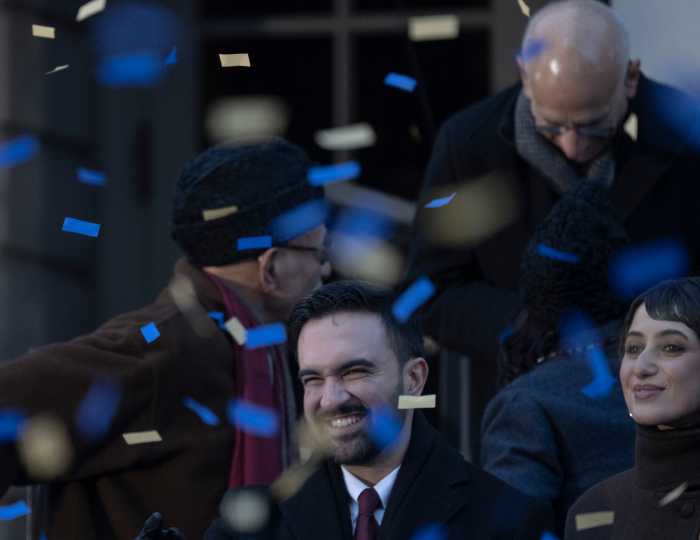Experts and delegates attending the United Nations’ Conference on Sustainable Development in Latin America and the Caribbean have called for a “more ambitious post-2015 development agenda” in promoting growth, with “greater inclusion, protection, social equality and environmental sustainability.”
At the opening of the three-day conference on March 7 in Bogotá, Colombia, organized by the government of Colombia and the Economic Commission for Latin America and the Caribbean (ECLAC), and attended by all United Nations agencies in the region, participants also called for efforts to reduce exposure to the negative impact of external volatility, greater levels of productive investment, increased creation of decent and quality jobs, reduced environmental pressure and resilience in the face of disasters.
According to ECLAC, the meeting was intended as the first step towards using a regional perspective to examine progress towards achieving the Millennium Development Goals (MDGs) and the post-2015 development agenda, as well as the agreements adopted following the United Nations Conference on Sustainable Development (Rio+20) in June 2012.
The meeting was opened by María Ángela Holguín, Minister of Foreign Affairs of Colombia, who underscored the importance of such topics for the entire region.
“We must focus on the big emerging global challenges of today. It’s not enough to simply agree on a new version of the MDGs,” she said.
“The world has changed in unsuspected ways during the last 15 years and is impossible to foresee where will us be in 15 year’s time, or even beyond that,” she added.
Alicia Bárcena, ECLAC’s executive secretary, said that “achieving the MDGs is essential, but they alone are not enough to guide development towards sustainability.
“This requires a structural change with equality, based on better production and consumption patterns,” she said.
Heraldo Muñoz, chair of the United Nations Development Group – Latin America and the Caribbean (UNDG-LAC), said that it is vital to avoid the imposition of a development agenda “from above.”
“There’s a need to include the voices of everyone and answer the emerging issues, such as civil insecurity, violence, environment, climate change, among others,” he said.
Guyana’s Minister of Foreign Affairs, Carolyn Rodrigues-Birkett, speaking at the opening session, said that “if we are going to succeed in the post-2015 development agenda, all segments of society must participate, especially those more vulnerable.”
Amina J. Mohammed, Special Advisor of the UN Secretary-General on Post-2015 Development Planning, said that: “We need a coherent global development agenda post- 2015 that integrates people and planet.
Philipp Schönrock, representative of the Management Board of the Colombian Federation of NGOs, emphasized that civil society is a well recognized player in the post-2015 agenda process.
According to ECLAC, the inter-agency document, “Sustainable development in Latin America and the Caribbean: Follow-up to the United Nations post-2015 development agenda beyond 2015 and Rio+20,” was presented on the first day “to identify the region’s remaining challenges in achieving the MDGs and to suggest future guidelines.”


